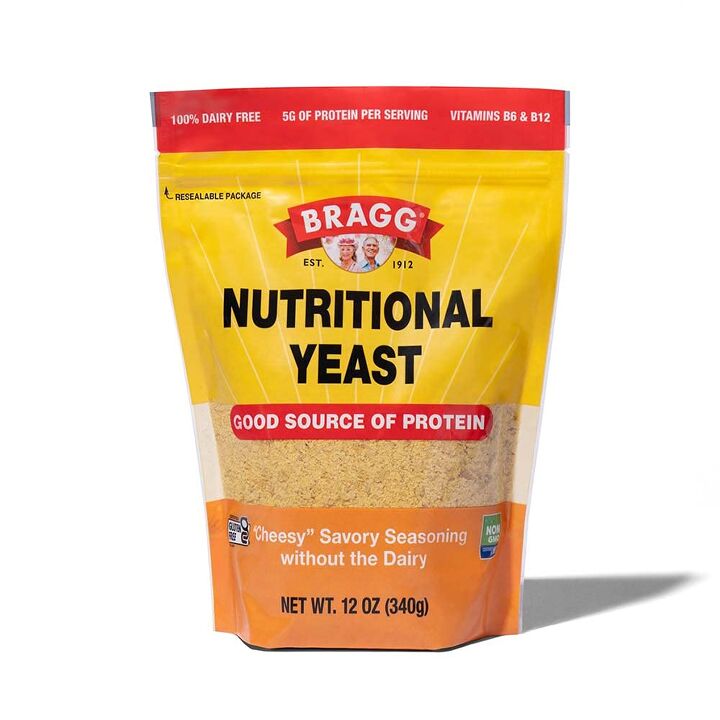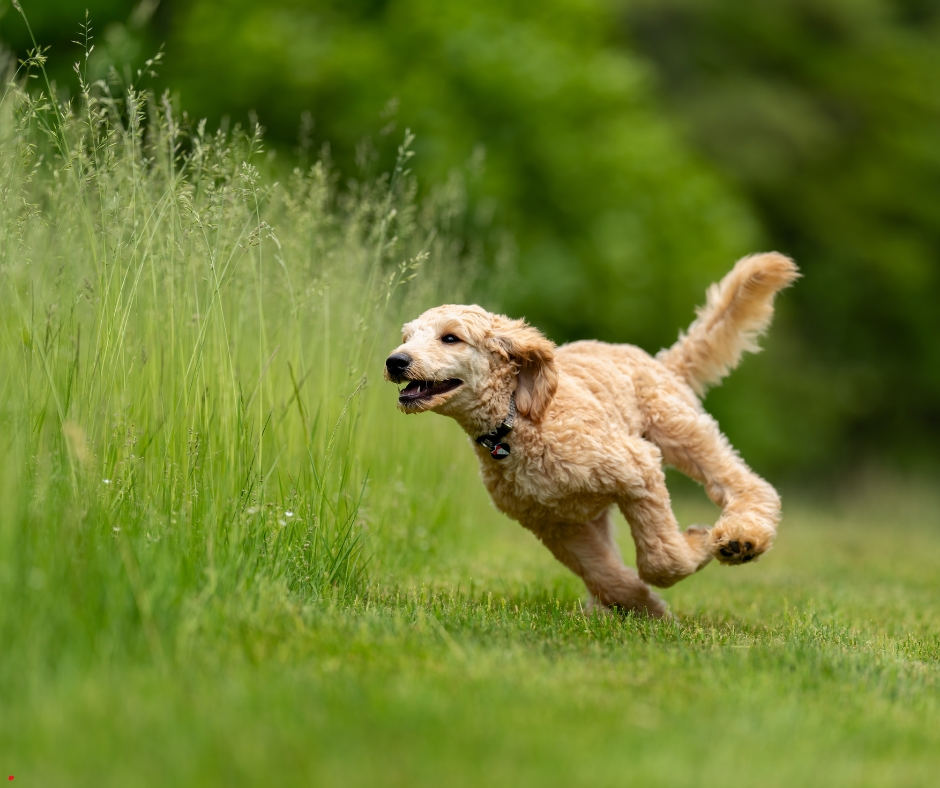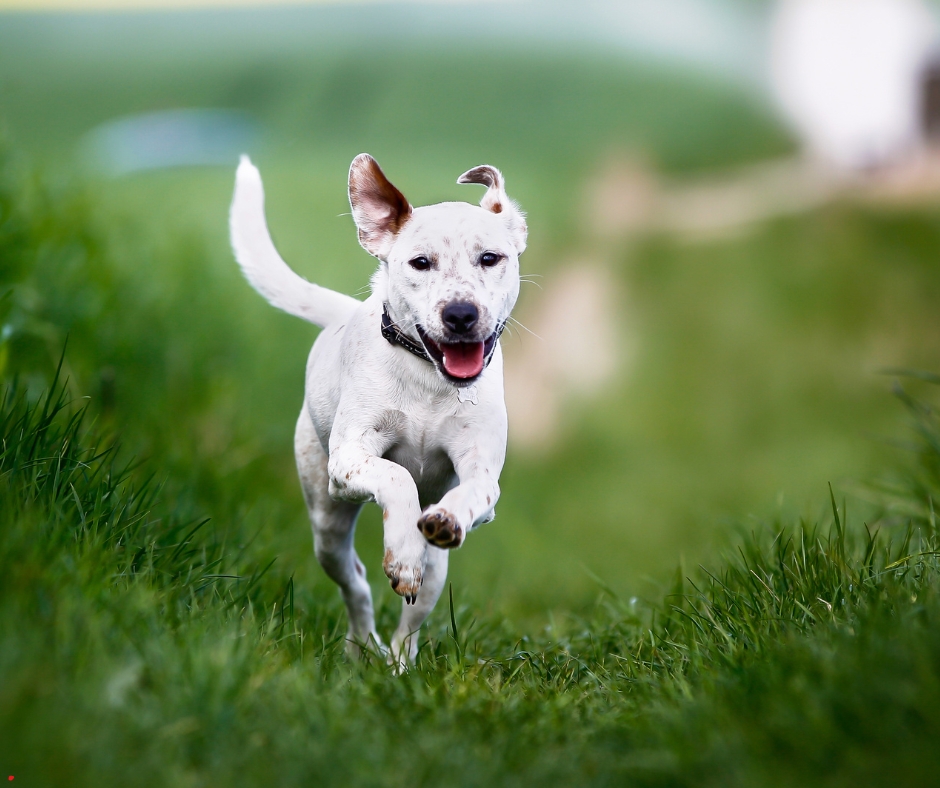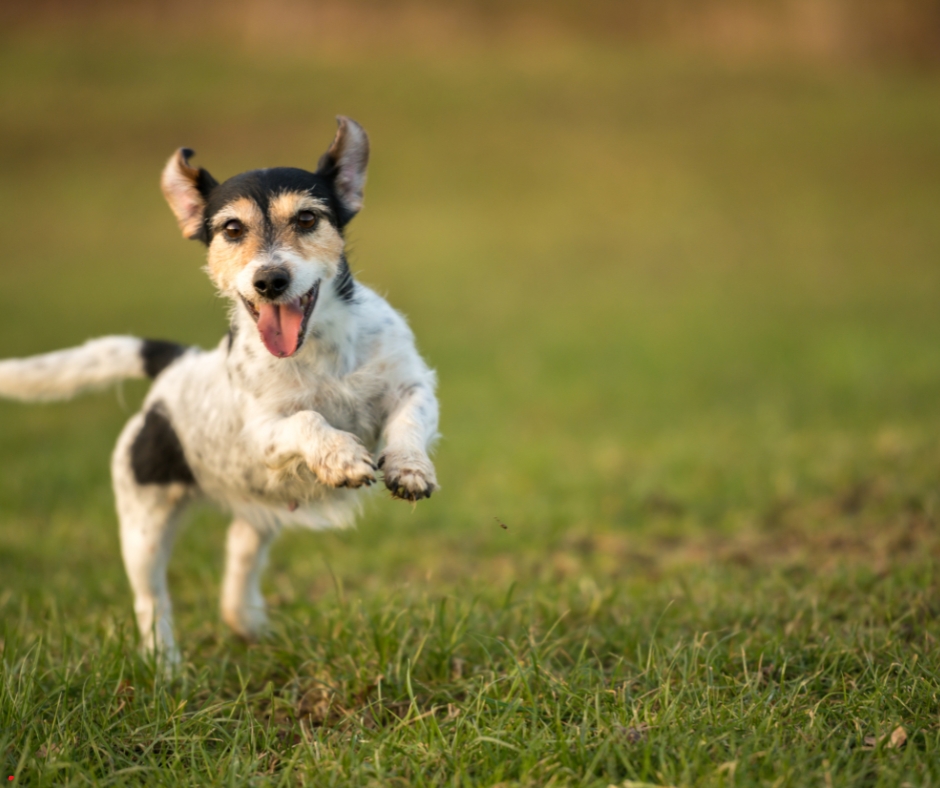The answer is yes; dogs may benefit from nutritional yeast. You get all the nutrients you need from it.
But moderation is key. Nutritional yeast has been gaining popularity among pet owners. It’s a deactivated yeast, rich in vitamins and minerals. Many believe it offers health benefits for dogs. It can boost their immune system and improve skin and coat health.
But, like any supplement, it’s important to use it correctly. Overfeeding can lead to issues. Always consult your vet before adding new foods to your dog’s diet. This ensures it’s safe and beneficial. Let’s explore how nutritional yeast can benefit your dog and what precautions to take.

Credit: bestiehealth.com.au
Is nutritional yeast beneficial for dogs?
Nutritional yeast can benefit dogs by providing essential B-vitamins and protein. It supports a healthy coat and immune system. Always consult a vet before adding it to your dog’s diet.
Nutritional yeast is a popular supplement for humans. But is it safe for dogs? Many pet owners are curious about its benefits. Let’s explore the topic further.
What is nutritional yeast?
Nutritional yeast is a deactivated yeast. People often use it as a condiment or supplement.
- Source: Derived from Saccharomyces cerevisiae.
- Flavor: Has a cheesy and nutty taste.
- Nutrients: rich in B vitamins, protein, and fiber.
Nutritional Benefits For Dogs
Nutritional yeast can offer several benefits to dogs. These perks make it a worthy consideration.
- B Vitamins: Supports overall health and energy.
- Protein: Aids in muscle development.
- Fiber: Improves digestive health.
- Antioxidants: Boosts the immune system.
Potential Risks And Side Effects
While nutritional yeast is beneficial, it has some risks. It’s important to be aware of these potential issues.
- Allergies: Some dogs may be allergic.
- Overconsumption: Can lead to stomach upset.
- Yeast Infections: Not ideal for dogs prone to yeast issues.
How To Introduce Nutritional Yeast To Your Dog’s Diet
You should introduce nutritional yeast gradually. This helps monitor any adverse reactions.
- Start Slowly: Begin with small amounts.
- Observe: Watch for any signs of discomfort.
- Consult Vet: Always check with a veterinarian.
Proper Dosage And Administration
Knowing the correct dosage is crucial. This ensures your dog gets the benefits without risks.
- Small Dogs: 1/2 teaspoon per day.
- Medium Dogs: 1 teaspoon per day.
- Large Dogs: 1.5 teaspoons per day.
- Mix with Food: Blend it into your dog’s regular meals.
Signs Of Positive Effects
Positive effects indicate that nutritional yeast is working. Observe these signs after a few weeks.
- Increased Energy: Dogs may seem more active.
- Shiny Coat: Fur becomes glossier.
- Better Digestion: Fewer stomach issues.
Final Thoughts On Nutritional Yeast For Dogs
Nutritional yeast can be a beneficial supplement. It offers many benefits when used correctly. Always consult your vet before making changes to your dog’s diet.

FAQ
Is nutritional yeast safe for dogs?
Yes, nutritional yeast is generally safe for dogs. It can provide vitamins and minerals. Always consult your vet before adding it to their diet.
Can Dogs Benefit From Nutritional Yeast?
Dogs can benefit from nutritional yeast. It is rich in B-vitamins and proteins. It can boost their overall health.
How Much Nutritional Yeast Should I Give My Dog?
Consult your vet for the correct dosage. Generally, a small amount, around a teaspoon, is sufficient for most dogs.
Are There Any Side Effects Of Nutritional Yeast For Dogs?
Some dogs may experience allergies or digestive issues. Always introduce it gradually and monitor your dog’s reaction.
In Conclusion
Nutritional yeast can be beneficial for dogs in moderation. It offers vitamins and proteins. Always check with your vet before adding it. Too much can cause health issues. Monitor your dog for any reactions. If given correctly, it can be a healthy treat.
Your dog’s diet should always be balanced and safe. Nutritional yeast is just one option among many. Prioritize your dog’s well-being first.










